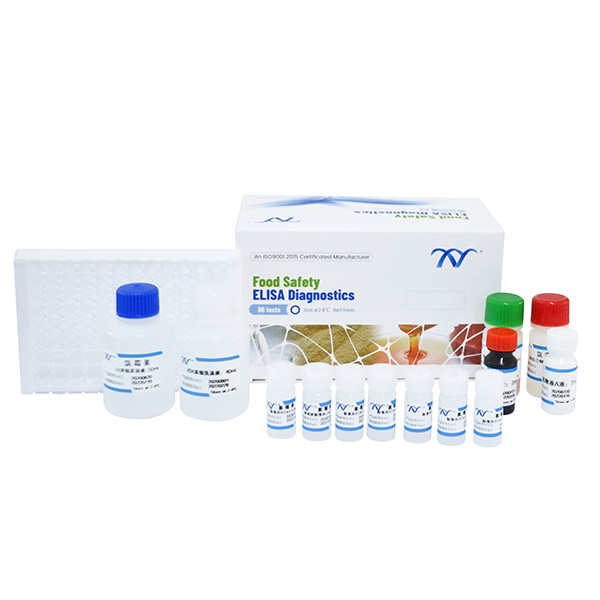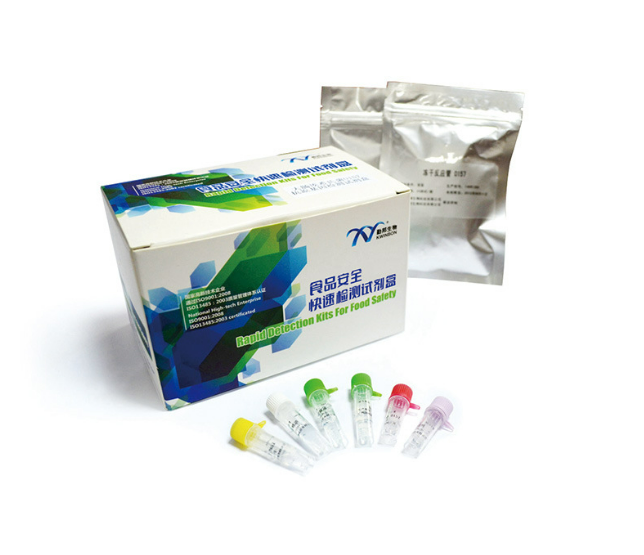In recent years, raw eggs have become more and more popular among the public, and most of the raw eggs will be pasteurised and other processes are used to achieve the ‘sterile’ or ‘less bacterial’ status of the eggs. It should be noted that ‘sterile egg’ does not mean that all bacteria on the surface of the egg have been killed, but the bacterial content of the egg is limited to a strict standard, not completely sterile.
Raw egg companies often market their products as antibiotic-free and salmonella-free. In order to understand this claim scientifically, we need to know about antibiotics, which do have bactericidal and antiviral effects, but long-term use or misuse may promote the development of bacterial resistance.

In order to verify the antibiotic residues of raw eggs on the market, a reporter from Food Safety China specially purchased 8 samples of common raw eggs from e-commerce platforms and commissioned professional testing organisations to carry out tests, which focused on the antibiotic residues of metronidazole, dimetridazole, tetracycline, as well as enrofloxacin, ciprofloxacin and other antibiotic residues. The results showed that all eight samples passed the antibiotic test, indicating that these brands are quite strict in controlling the use of antibiotics in the production process.
Kwinbon, as a pioneer in the food safety testing industry, currently has a comprehensive range of tests for antibiotic residues and microbial exceedances in eggs, providing fast and accurate results for food safety.
Post time: Sep-03-2024



